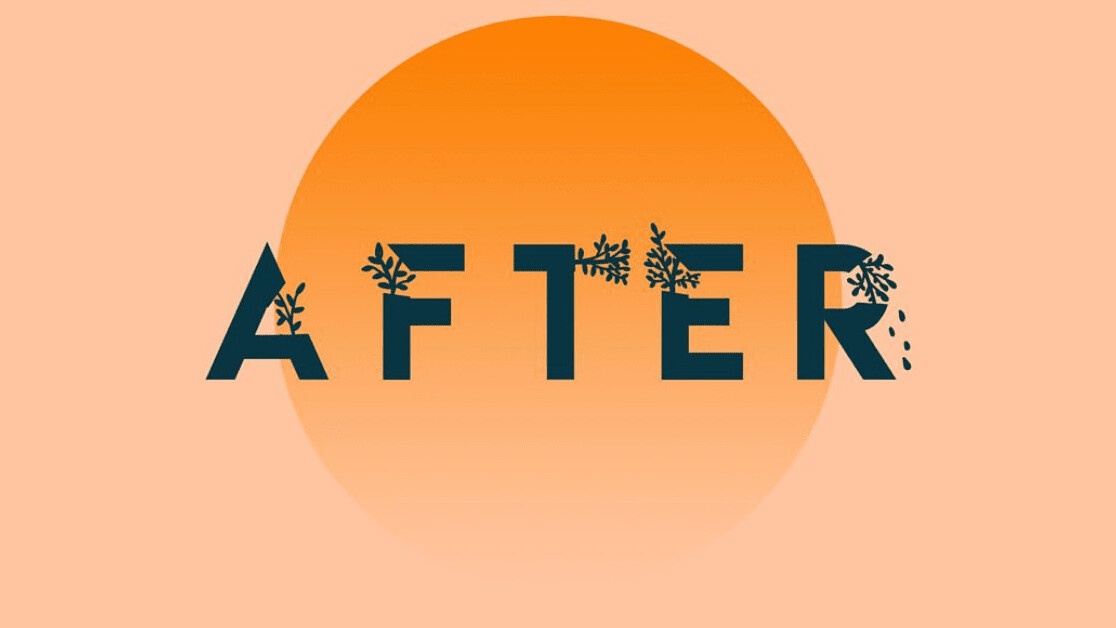For the ongoing series, Code Word, we’re exploring if — and how — technology can protect individuals against sexual assault and harassment, and how it can help and support survivors.
This story explores how the podcast, After: Surviving sexual assault, gives survivors a voice to speak out about their experience with sexual trauma.
While it seems like survivors of sexual violence are more accepted and supported than ever, the conversations around trauma are still highly stigmatized, and too often focused on the accused rather than the survivors. But Catriona Morton, a writer and sexual assault survivor, wants to further destigmatize sexual violence with her new podcast After: Surviving sexual assault on BBC Sounds.
Prior to this podcast, Morton had launched the blog Life Continues After as a safe space for survivors to share writing and art that helped them deal with their trauma. A year later, this blog evolved into her podcast, in which she invites people to talk about their experiences of sexual trauma and how they dealt with the aftermath.
So far, there are five episodes available to listen to on BBC Sounds. The episodes are split into two parts, ‘Then’ and ‘Now.’ In part one of each episode, a survivor talks openly about their experience with assault and in part two, they discuss the coping mechanisms that worked for them and how the experience affected their life, from getting into new relationships to dealing with legal action.
“I created what I’d been missing when I was struggling to deal with my trauma. I needed a space where I could go when I couldn’t sleep or when I couldn’t get out of bed in the morning. I wanted to help end the stigma survivors of all forms of sexual violence are forced to live under,” Morton told TNW. “The podcast is a safe space for survivors to share their experiences, with the hope of helping anyone who may have been affected by something similar.”
Morton hopes her podcast will spark honest and healing conversations, whether it’s within families or friendship groups. “I want to help extend care networks so people feel safer talking about what happened to them. I want other fellow survivors to feel seen and heard, and I want those who know and love survivors to feel better equipped to help them if they come to them for comfort.”
At a time where rape crisis charities and health sectors are stretched for resources, Morton believes technology can step in to help survivors. “Tech can and does fully aid other systems that support us… from networks, advice, community, therapy, and resources,” Morton said. “There’s tons of wonderful social media communities from Project Consent to 100 Women I Know and I’ve seen all them grow and help people.”
“I don’t think we’d be anywhere near the stage we are now with survivor justice (or the attempt to change the ‘justice’ we get) without social media and social media activism.”
You can listen to After: Surviving sexual assault here.
Like this article and want to see more like it? We have a monthly feminist tech newsletter called “Byte Me” — subscribe here.
Get the TNW newsletter
Get the most important tech news in your inbox each week.





